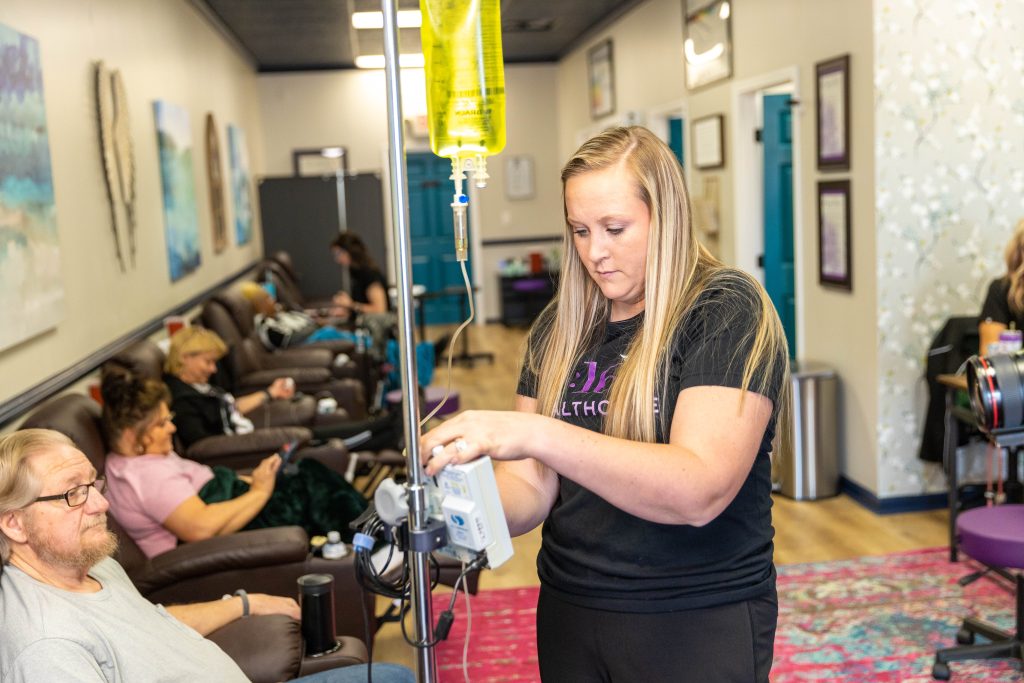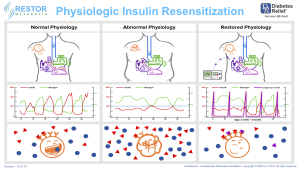Infusion Therapy
A Fresh Approach to Healthcare For Infusions
Specializing in infusion therapy, the center provides advanced medical treatments in a comfortable and caring environment. With a team of highly skilled and experienced medical professionals, they offer a wide range of infusion therapies. The staff at 3:16 Family Medicine Infusion Therapy Center is committed to delivering personalized care, addressing individual patient needs, and promoting overall well-being. Whether patients require ongoing treatments or occasional infusion therapy, they can trust the center to provide exceptional care and support throughout their journey to better health.

Two Locations to Serve You
Hours of Operation
- Monday - Friday: 8:00am - 5:00pm
- Saturday: CLOSED
- Sunday: CLOSED
Our Services
Physician-Directed Physiologic Insulin Resensitization (PIR)
Physiologic Insulin Resensitization is a revolutionary, multi-patented approach that treats the primary cause of diabetes – metabolic failure – by using insulin as a hormone instead of a drug. By replicating natural physiology with insulin, we are better able to combat insulin resistance and facilitate glucose entry into cells, which can then be converted into energy. The results are exciting and giving many diabetics their life back.
By boosting cellular energy, tissue and organs that have been compromised are able to grow, heal, and regenerate. Research has demonstrated that this method of treatment can be effective in stabilizing, and in some cases even reversing, the effects of diabetes and other metabolic issues.

Rehydration/Immunity Infusions
Elevate your hydration and bolster your immune system with our specialized rehydration and immunity infusion therapies. Our infusions are meticulously crafted to restore your body’s fluid balance while delivering essential vitamins and minerals that support immune function. Whether you’re recovering from illness, travel fatigue, or seeking preventive measures, our infusion treatments provide a revitalizing solution to help you feel your best.

Vitamin Infusions
Experience revitalizing wellness with our vitamin infusion treatments. Tailored to individual needs, our vitamin infusions deliver essential nutrients directly into your bloodstream, promoting enhanced energy, immune support, and overall well-being. Whether you’re seeking a boost after a busy week or aiming to optimize your health, our vitamin infusions offer a convenient and effective way to nourish your body from the inside out.

Reclast/Prolia
Discover a range of advanced infusion therapies at our center, including options like Reclast and Prolia, with more exciting treatments on the horizon. These therapies are designed to target specific health needs, from bone health enhancement to osteoporosis management. Stay tuned as we expand our offerings to provide you with even more effective and innovative infusion solutions for various health concerns.
Providers








